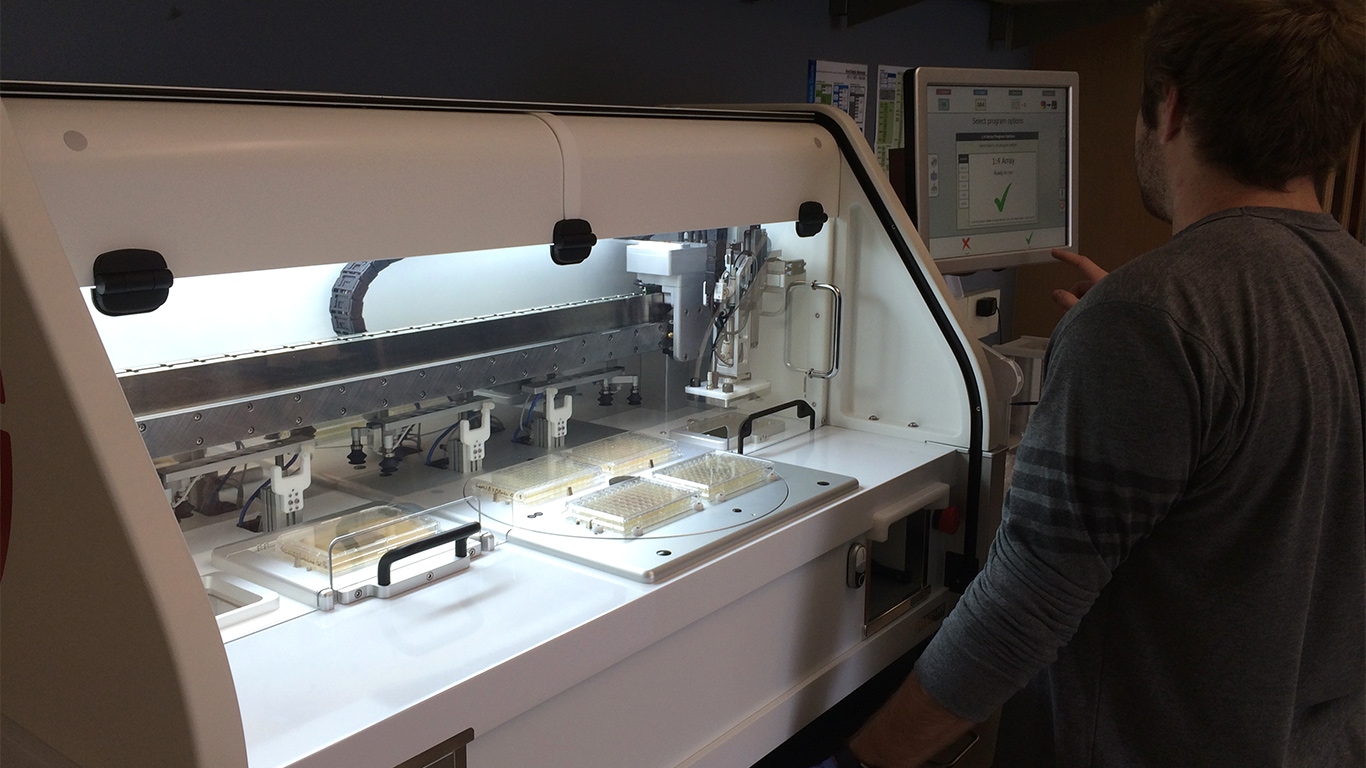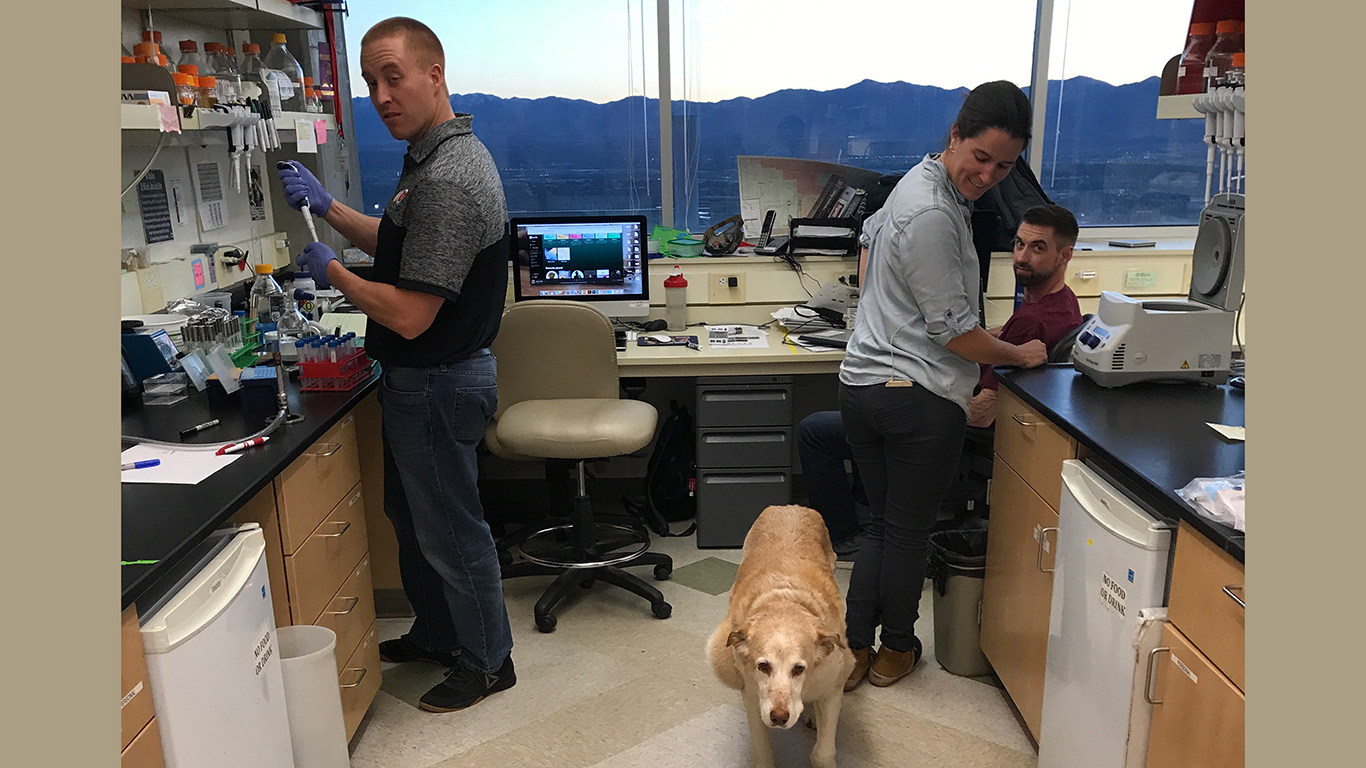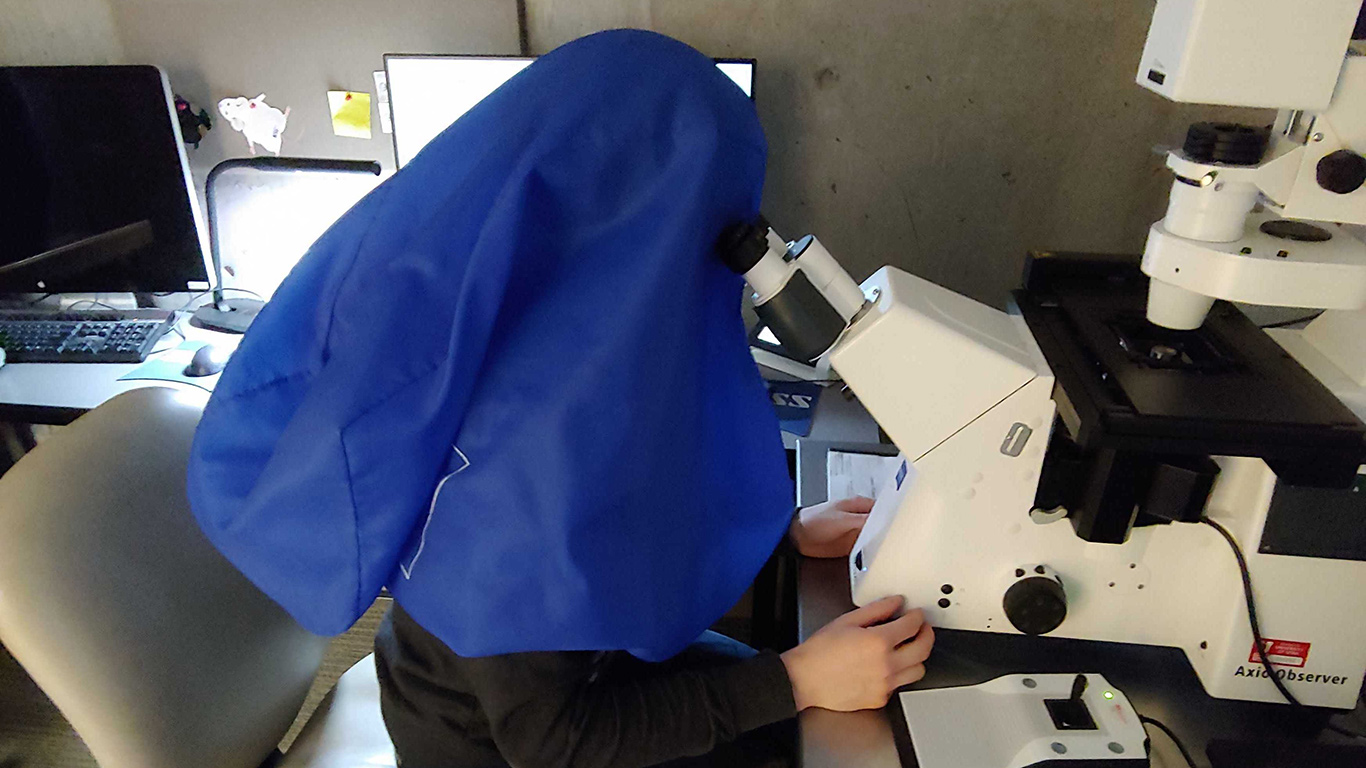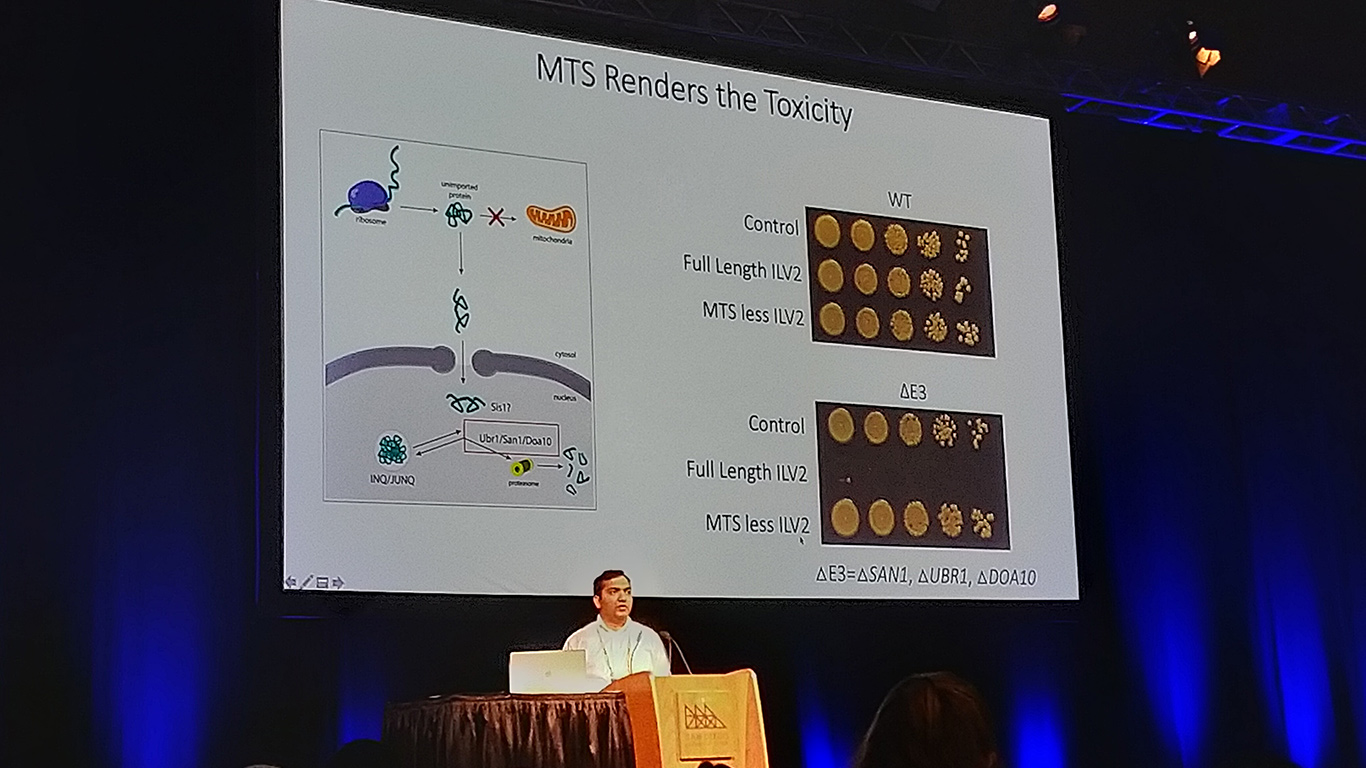RESEARCH
Research Overview
Cells spatially organize pathways, metabolites, proteins, and more into membrane-bound structures called organelles. Over the years, it has become clear that a breakdown in organelle integrity is a hallmark of aging, and linked to the development of numerous age-related and metabolic disorders. These disorders range from common disease such as cancer, neurodegeneration, and diabetes, to rare genetic diseases including inborn errors of metabolism, lysosomal storage disorders, and mitochondrial disease. Despite the clear link between organelle decline and disease, our understanding of why aging leads to organelle failure, how organelle collapse impacts cellular fitness, and the adaptive mechanisms cells use to maintain organelle health during times of stress is limited.
Recent studies from our lab and others have raised the possibility that organelle failure may drive aging and disease by disrupting the spatial organization of metabolites and proteins that are normally maintained in these compartments. Current projects in the lab are tackling how organelles communicate with one another, how alterations in cellular metabolite pools and mis-location of cellular proteins drive toxicity during aging and disease, and how cells maintain organelle homeostasis in times of stress. We use a combination of genetic, molecular, and biochemical approaches in both yeast and human disease models to answer these questions.
Current Projects
Research in Action















